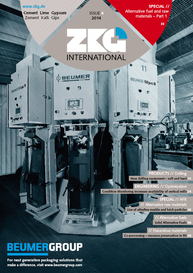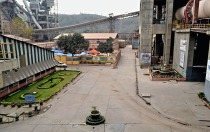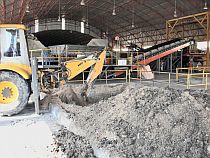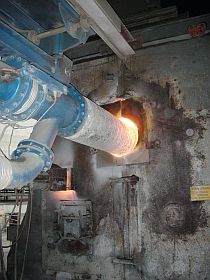Co-processing in the cement sector
Using wastes as alternatives fuels for cement kilns started end of 70s - and it will never stop!
At the origin, and until the 80s, this business, initiated mainly to compensate the thermal energy prices increase, was not professionally managed driving to a lot of controversies and rejects by collectivities, NGO’s, authorities and competitors acting in the wastes management sectors.
Early 90s, when permitting for using “wastes” in cement kilns, the authorities at national, regional and EU levels were confused between “waste incinerators” and “cement kilns using wastes as fuels”. So, they...







